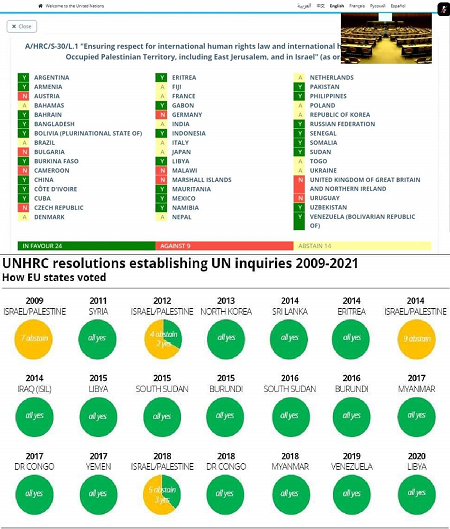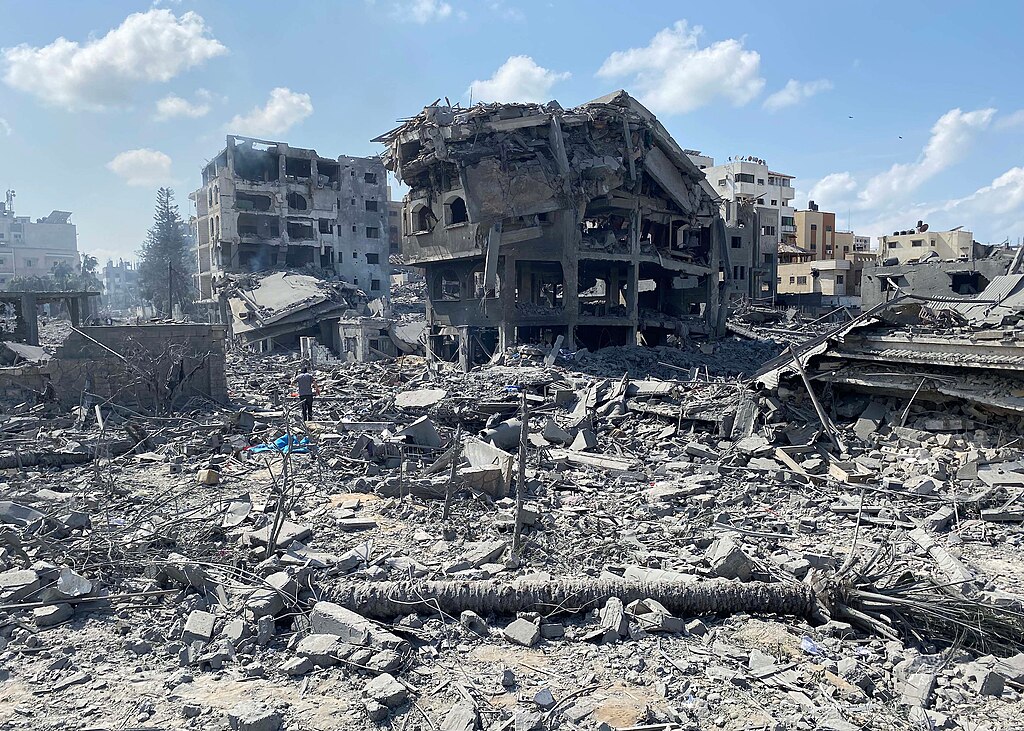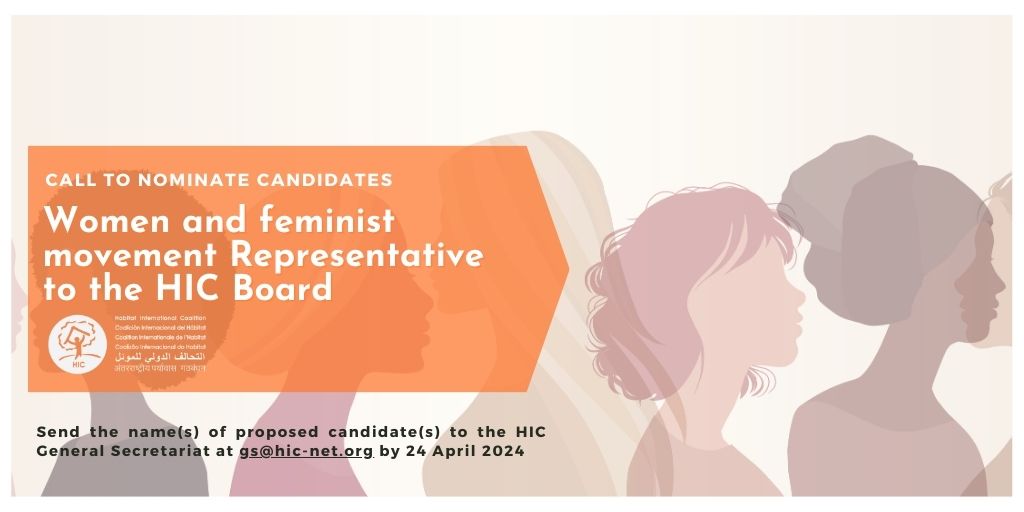The UN Human Rights Council convened a special session on 27 May 2021 to debate and vote (24–9) on a resolution to urgently dispatch an open-ended commission of inquiry in response to the recent events leading to military conflict between Israel and armed groups in the blockaded and besieged Gaza Strip. The resolution, entitled, “Ensuring respect for international human rights law and international humanitarian law in the Occupied Palestinian Territory, including East Jerusalem, and in Israel.”

The resolution is significant in at least five respects:
1. By forming an “ongoing” commission of inquiry, the Council means to maintain the inquiry without being bound by a specific endpoint.
2. It calls for the inquiry not only to investigate all violations and abuses taking place in the occupied Palestinian territory (oPt) since the beginning of Ramadhan (13 April 2021), but also to identify “underlying root causes of recurrent tensions, instability and protraction of conflict” and “to identify patterns of violations over time,” including those reported by previous such inquiries.
3. The scope of inquiry includes also “systematic discrimination and repression based on national, ethnic, racial or religious identity.
4. In doing so, the geographical scope covers not only the occupied territory, but also inside Israel.
5. Unlike previous commissions that are charged with reporting back to the Council, a political body, the new commission will “collect, consolidate and analyse evidence…in order to maximize the possibility of its admissibility in legal proceedings” and, “where possible, identify perpetrators, including those with individual criminal and command responsibility,” as well as business enterprises, “with a view to avoiding and ending impunity” and ensuring justice for victims.”
The resolution reaffirmed the applicability of both international human rights law and international humanitarian law, in particular the Geneva Convention, across the Palestinian territory. It further reminds states, as High Contracting Parties to the Fourth Geneva Convention, that they are under the obligation both to respect and ensure respect for the protection of civilians. It specifically invokes the obligation of all states to prosecute parties responsible for grave breaches.
Other remedial measures called for include mobilizing humanitarian support for the Palestinian civilian population in the Occupied Palestinian Territory, including East Jerusalem, and urging all States to refrain from transferring arms in case of a clear risk that such arms might be used in the commission or facilitation of serious violations or abuses of international human rights law or serious violations of international humanitarian law.
The HRC has called nine Special Sessions in response to Israeli state behavior since 2009, out of the Council’s 30 Special Sessions convened since that date. The resolution reflects the culmination of international reaction to Israel responsibility for conflict in the region, but also stresses that “all States have an obligation” to uphold human rights and humanitarian law. The Council calls on the independent international commission “make recommendations on measures to be taken by third States to ensure respect for international law in the Occupied Palestinian Territory, including East Jerusalem,…ensuring that they do not aid or assist in the commission of internationally wrongful acts.”
In a statement to Human Rights Council, HIC-HLRN Coordinator Joseph Schechla welcomed this resolution “as a much-needed practical response not just to the latest atrocities in the conflict over Palestine, but to Israel’s continuous persecution of the Palestinian people as a whole.” The statement called for the inquiry to “aid accountability not only of individuals, but also of institutions that perpetuate and profit from apartheid in Palestine,” and especially encourage investigation into the individual and collective human right to adequate housing, “gross violations of which are at the heart of the matter.”
HIC-HLRN message called for the inquiry also to “remind all states of their duty to fulfill Palestinians’ right to self-determination, while they bear corresponding individual, collective, domestic and extraterritorial obligations to bring an end to this protracted illegal situation.” In conclusion, HIC-HLRN added, “As we enter this Fourth UN Decade for the Eradication of Colonialism, faithfully implementing this resolution is needed for this Council to do its part.”
As for the patterns of the behavior of state delegations in the HRC, it is noteworthy that the debate involved repeated reference to Israeli “apartheid,” authoritatively led by the South African and Namibian delegations. It is also inescapable to note that not a single European government voted in favor of A/HRC/S-30/1, which is consistent with the pattern of EU delegations uniformly supporting all previous commissions of inquiry, but never so in connection with violations and abuses involving Israel. (See graphic above.)
This latest HRC resolution calls for all States to fully cooperate with the new commission of inquiry, and encourages civil society, the media, other relevant stakeholders, and relevant organs, bodies and agencies ofthe United Nations System to do so as well. The UN High Commissioner for Human Rights Michelle Bachelet will provide an oral update on this resolution implementation at the HRC’s 48th session in September 2021. The commission of inquiry will report to HRC at its 50th session (June 2022) and to the UN General Assembly’s 77th session (2022–23).
Source: HLRN
Photo on front page: Scene from the Human Rights Council chamber in Geneva. Source: HLRN file photo. Graphic on this page: The outcome of voting in A/HREC/S-30/1 (top) and the pattern of EU states’ voting pattern on previous HRC resolutions establishing independent inquiry (bottom).
Download the final version of A/HRC/S-30/1.
Download the resolution A/HRC/S-30/1 in Arabic


